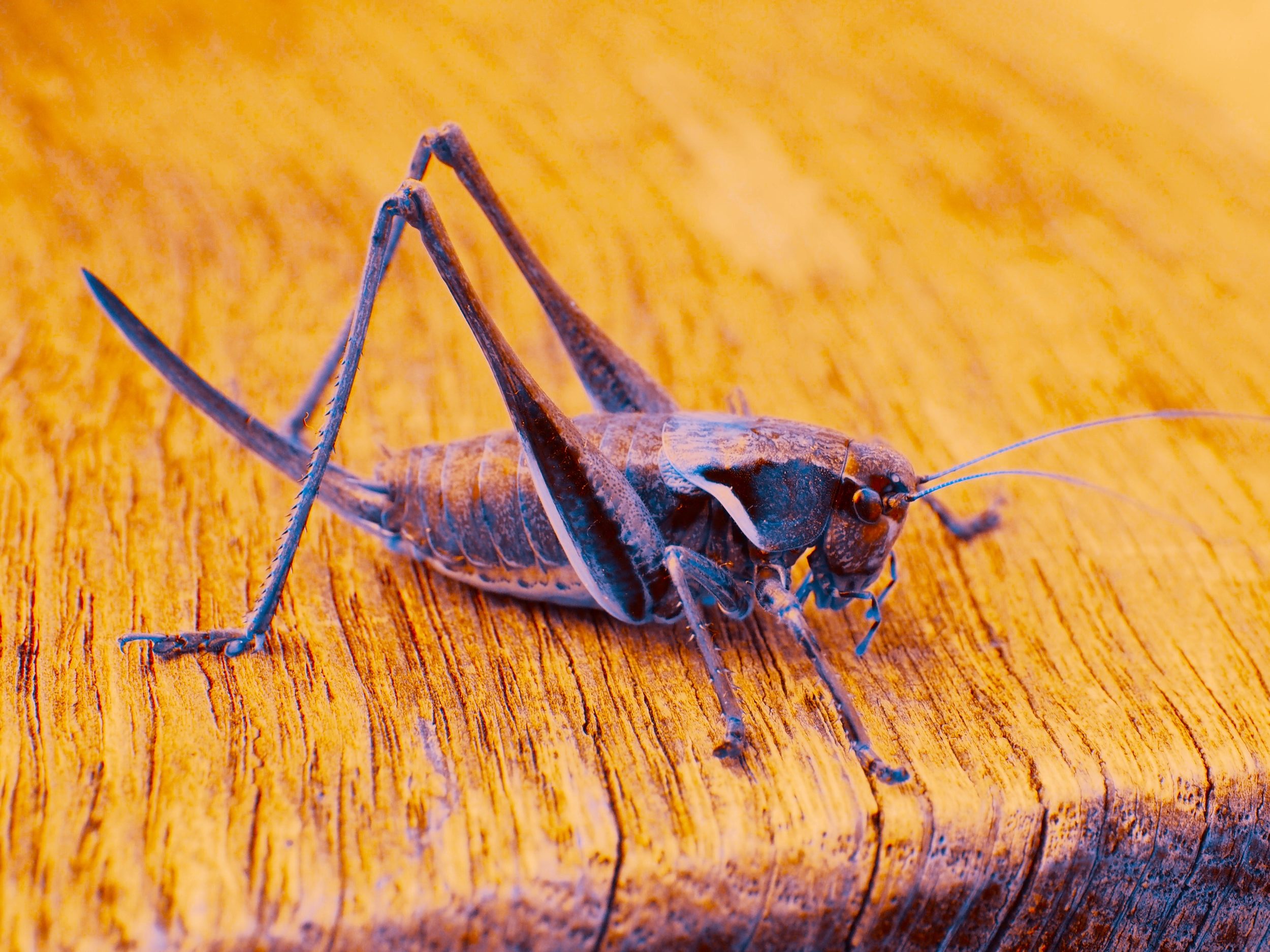If I had half a billion dollars to invest right now, mark my words, a large portion would be allocated to the edible insect industry. Insects have more protein than any other meat and as I covered in “Tasty, edible crickets may solve the impending food crisis”, they are an environmentally-friendly way to feed a growing population.
For many of us, eating insects is not a desirable future, however, people in California are responding quite well to the snackable critters. For instance, the Oakland Coliseum was recently profiled for selling crickets at their sports stadium:
[Vistors] could choose one of two flavors of fried tropical house crickets in colorful plastic pouches: zesty lime and sweet 5-spice, both packaged and sold by Oakland-based Oaktown Crickets. The stadium sold over 30,000 orders of the grasshoppers, seasoned with lime and chili pepper, in the 2017 season. “A lot of people take pictures of them,” said Steve Dominguez, general manager of Centerplate, a catering service at Safeco Field. “It becomes a very Instagram moment.”
Rosa Grobet, OaklandNorth
If you’re not into the idea of eating a chipotle-spiced six-legged crunchy cricket, they are being ground into a protein-packed flour to be added into our recipes. You might soon enjoy a nice slice of smoked gouda cheese on a cricket cracker.
After browsing many of the reviews for insect snacks, there was a common thread among people that the price was too high.
Clearly, there’s room for someone to shock the supply side of cricket farming into overdrive and drive down the price of this protein. There’s room for the Uber of edible insects.
Already a future thinker?
Then become a friend.
The Uber of Edible Insects
Overall, the business plan to create “Uber for _____” is not dead. Uber, Airbnb, Instacart, GrubHub, TaskRabbit have all shown us that people are gravitating toward this new means of earning a living – where an app turns something you own and your time into a money-making business.
I’m curious who is going to start the business that sends people a box with all the supplies necessary to raise a small farm of edible insects and then pay those people for sending the full-grown insects back to the company. We’re seeing early iterations of this idea take shape:
Cowboy Cricket Farms’ modular farming system is a self-contained bin that regulates temperature and humidity, monitors air quality and maintains feed and water. Finally, Tiny Farms plans to license its turnkey insect farm so that farmers can produce crickets to specifications and sell them back for processing.
Mark Perelman, GreenBiz
There are an estimated 4.7 million households that own reptiles, already. These folks are already predisposed to handling crickets and critters to feed their reptiles. You can’t tell me they wouldn’t be interested in harvesting insects for some side income. In fact, many of them already raise crickets to feed to their lizards and iguanas.
This is a particularly well-suited business plan because the scale of an insect farm isn’t that absurd for an average household. Extra garage space or closet space will suffice to harvest just a few boxes of crickets.
Essentially, this company will have outsourced the supply side of cricket farming and simultaneously centralize the place to satisfy the demand for edible insects.
It’s kind of like how Flow Hive makes it possible for literally anyone to harvest honey. The use cases for honey are obvious to a consumer. You eat it because it is sweet.
With crickets, that connection isn’t obvious to a consumer. I’m probably not going to eat plain crickets myself, nor find ways to season and cook with them on my own. Which is why it makes sense to send the crickets back to the company and let them find buyers for it.
Overall, giving people a means to make passive income is a huge growth lever today. If someone can figure it out in the scheme of insect farming, then they’re going to have just as much impact as an Uber did for taxi service.
